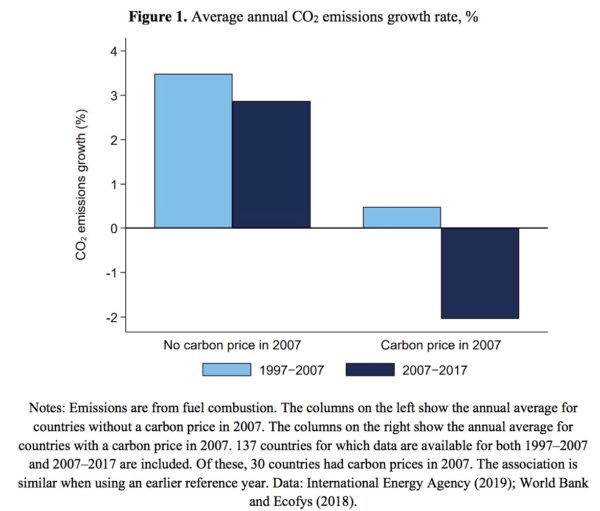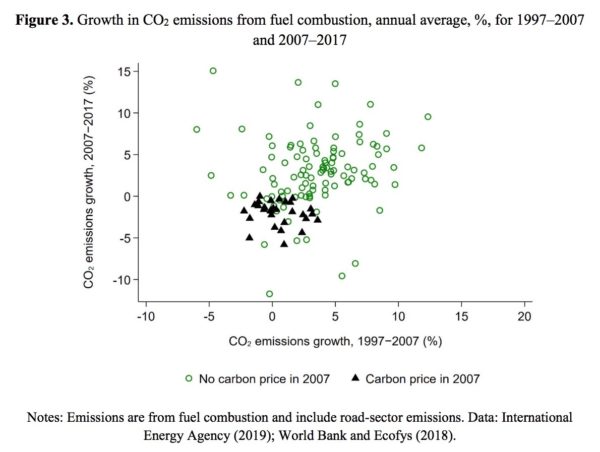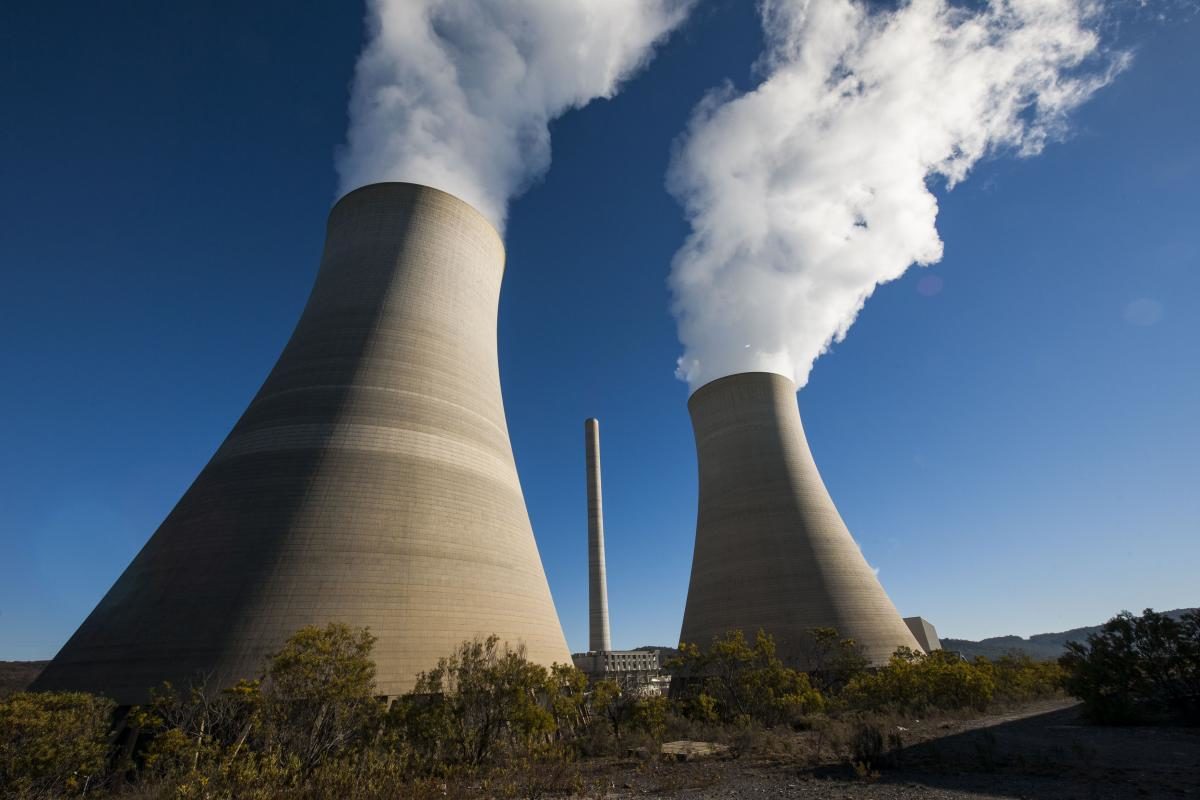Researchers at the Australian National University (ANU) and Macquarie University (Mac Uni) have completed the world’s largest study on the efficacy of carbon pricing – publishing strong evidence in the journal Environmental and Resource Economics that carbon pricing works to reduce emissions.
Carbon pricing has proved one of the most divisive issues in modern Australian political history. Now, as the Climate Wars instigated over carbon pricing seeps heinously into a second decade, this evidence published by ANU and Mac Uni researchers puts the question beyond doubt, if Australia had kept or recovered carbon pricing in some manner, it would’ve worked.
And yet, even as our neighbours across the ditch update their Emissions Trading Scheme (ETS), we in Australia continue to ominously argue over a foregone conclusion.
The study examined carbon emissions trends from 142 countries since the commencement of carbon pricing in the 1990s, of these countries 43 possessed some manner of ETS by the end of the study period.
The results showed that those 43 countries with carbon prices on average have annual growth rates of carbon dioxide emissions from fossil fuels that are approximately two percentage points lower than those without.
“On average, carbon dioxide emissions fell by 2% per year over the period 2007–2017 in countries with a carbon price and increased by 3% per year in the others,” co-author Associate Professor Paul Burke said.
That’s a 5% point difference annually, a staggering difference and a “statistically significant link between the adoption of a carbon price and reduced growth in carbon emissions.”

For fellow study co-author Prof Frank Jotzo the findings “could not be clearer: carbon pricing works, and typically to great effect.”
When Australia had carbon pricing emissions fell between 2012-2014, and then rose again once removed. The rational is self-evident, putting a price on carbon makes cleaner options more appealing – therefore reducing emissions. As fellow researcher Rohan Best noted: “The economic theory is rock solid. And now we have found strong evidence that the theory works and that you can see this process in practice across many countries around the globe.”
“While a well-designed approach would include complementary policies such as support for low-carbon research and development, carbon pricing should ideally be the centrepiece of any serious emissions reduction strategy in a market-oriented economy,” continued Burke.

So, if the theory works, and it works in practice, what is stopping Australia betting on a sure thing? Well, the same thing that has been corrupting discussion across the Australian political spectrum for over a decade, a fanatically avaristic sect of the Coalition that has managed to trick the Australian public into believing it alone can halt life’s only two inevitabilities: death and taxes.
Of course, the Australian Government won’t even commit to an emissions target, let alone an Emissions Trading Scheme. Even Opposition Leader Albanese’s piddling attempt at outstretching an olive branch was derided by an obstinate Government. According to the ABC, Energy Minister Angus Taylor criticised Albanese, “They didn’t explain how their energy policies will create a single job,” he said.
And yet, the Australian Energy Council, representing 24 major electricity and downstream natural gas businesses generating the vast majority of Australian energy (including the owners of all coal-fired power plants in the NEM), decries both parties for their frail immobility.
“The first step to reducing carbon emissions is agreement on a long-term target which can act as the starting point for constructive consensus,” said AEC Chief Executive, Sarah McNamara. “Settling on an economy-wide target will let us then decide the best ways to get there and what policy and mechanisms could be applied.”
This content is protected by copyright and may not be reused. If you want to cooperate with us and would like to reuse some of our content, please contact: editors@pv-magazine.com.









By submitting this form you agree to pv magazine using your data for the purposes of publishing your comment.
Your personal data will only be disclosed or otherwise transmitted to third parties for the purposes of spam filtering or if this is necessary for technical maintenance of the website. Any other transfer to third parties will not take place unless this is justified on the basis of applicable data protection regulations or if pv magazine is legally obliged to do so.
You may revoke this consent at any time with effect for the future, in which case your personal data will be deleted immediately. Otherwise, your data will be deleted if pv magazine has processed your request or the purpose of data storage is fulfilled.
Further information on data privacy can be found in our Data Protection Policy.